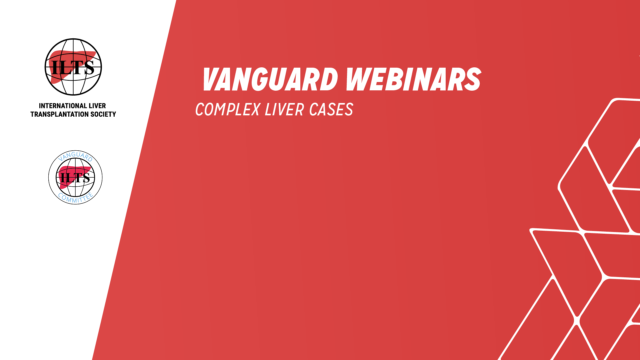ILTS Celebrates International Women’s Day 2023
ILTS celebrates International Women’s Day by highlighting three women and their impressive careers in the Liver Transplantation field.
These women exemplify the profound impact of medical and academic advancements happening today. We thank them for their efforts not only in supporting ILTS and broader liver transplantation initiatives, but also in creating visibility for female liver transplantation specialists worldwide.
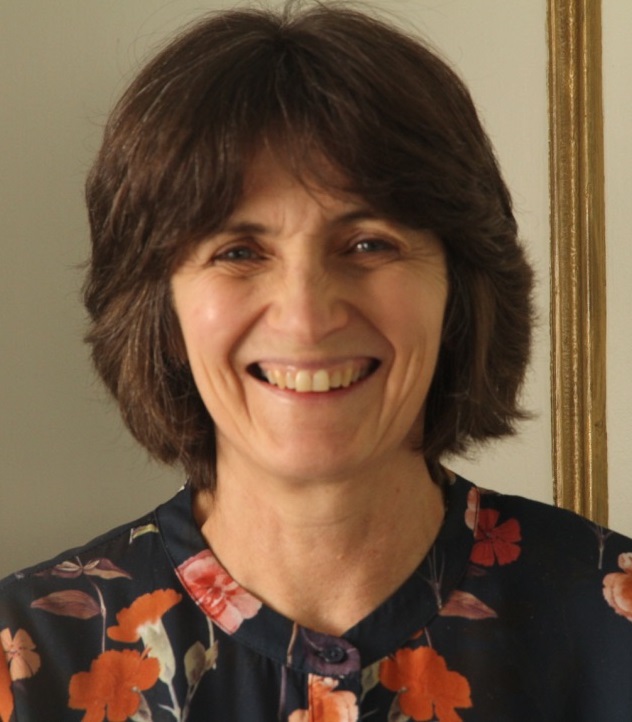
Wendy Spearman, MBChB, MMed, PhD, FCP(SA), FRCP is Head of the Division of Hepatology, Department of Medicine, Faculty of Health Sciences at the University of Cape Town. She is Head of the Liver and Liver Transplant clinics at Groote Schuur Hospital.
She completed her 2-year Hepatology Fellowship under Professors Ralph Kirsch and Simon Robson at the UCT/MRC Liver Research Centre in 1991 and obtained her PhD in 2008 from the University of Cape Town on “The effect of two novel C-type lectins, Ba100 and Ba25, isolated from the venom of the puff adder, Bitis arietans on T lymphocyte proliferative responses.” She is actively involved in outreach Liver education programmes, was appointed by the International Association of Providers of AIDS Care to develop Training modules on the management of Hepatitis B for sub-Saharan Africa and is co-director of the Viral Hepatitis in sub-Saharan Africa Project ECHO clinics. She was appointed as the lead consultant for the National Guidelines on the management and prevention of viral hepatitis in South Africa. Her research interests include viral hepatitis, non-alcoholic fatty liver disease, drug-induced liver injuries, liver transplantation and novel immunosuppressants.
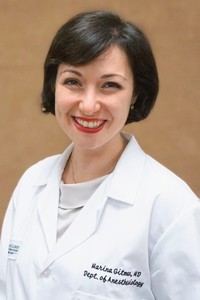
Marina Gitman, MD, completed her undergraduate studies at the University of Chicago and medical school at Rosalind Franklin University of Medicine and Science. After anesthesiology residency at the University of Illinois in Chicago, she spent one year at the Ochsner Clinic in New Orleans, where she completed a fellowship in liver transplant anesthesiology under the guidance of her career-long mentor Dr. Ramona Nicolau and the amazing Ochsner liver translpant team.
Afterwards, Dr. Gitman returned to the University of Illinois, where she developed the curriculum for the liver transplant anesthesia resident rotation. In 2021, Dr. Gitman joined the department of general anesthesiology at the Cleveland Clinic, where she continues to take care of liver transplant patients and teaching residents and fellows. In addition to publishing peer-reviewed articles on the topic, Dr. Gitman has also presented at a number of ILTS meetings.
She enjoys meeting and learning from colleagues, old and new, and looks forward to more ILTS conferences and events in the future. But what she enjoys most of all is spending time in the operating room doing liver transplants with her trainees and watching them grow into confident and phenomenal liver transplant anesthesiologists. She lives for the moments when they can “one-up” her.”
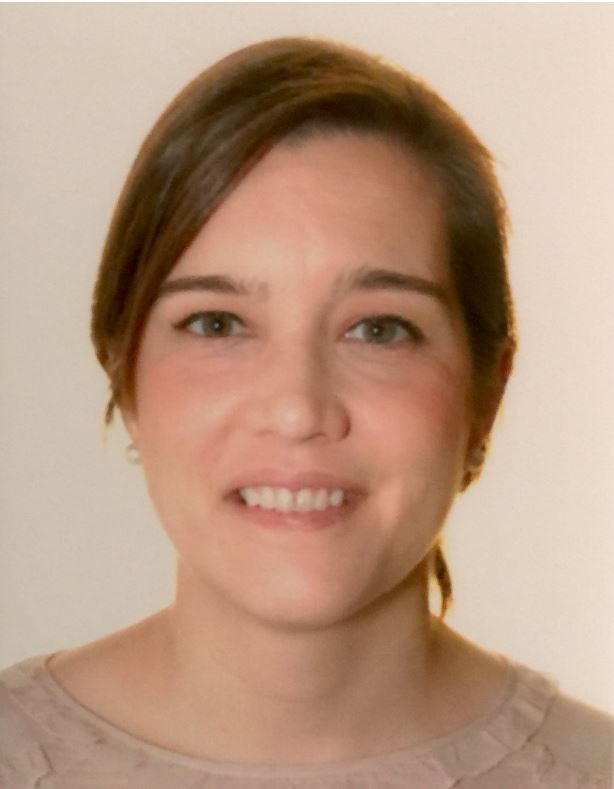
Amelia Hessheimer, MD, PhD, completed degrees in Chemistry at Texas A&M University (B.S., Summa Cum Laude, 2003) and Medicine at Vanderbilt University Medical Center in Nashville, Tennessee (M.D., 2009). She completed a Master in Research in Liver Disease and subsequently presented her Doctoral Thesis at the University of Barcelona in 2011.
Dr. Hessheimer initiated training in General Surgery at Barnes-Jewish Hospital, Washington University Medical Center in St. Louis, Missouri. She completed her Residency in General & Digestive Surgery and performed additional training in Hepatopancreatobiliary Surgery & Transplantation at the Hospital Clínic Barcelona. Currently, she is a Specialist in HPB & Transplant Surgery at Hospital Universitario La Paz in Madrid, Spain.
Dr. Hessheimer is actively involved in clinical and translation research projects and is the author of numerous publications and book chapters. Her ongoing research interests include liver ischemia-reperfusion injury and regeneration, including “small-for-size” liver syndrome; donation after circulatory determination of death; in situ and ex situ organ preservation strategies; minimally invasive approaches to hepatobiliary surgery; and cost and quality of life studies.
